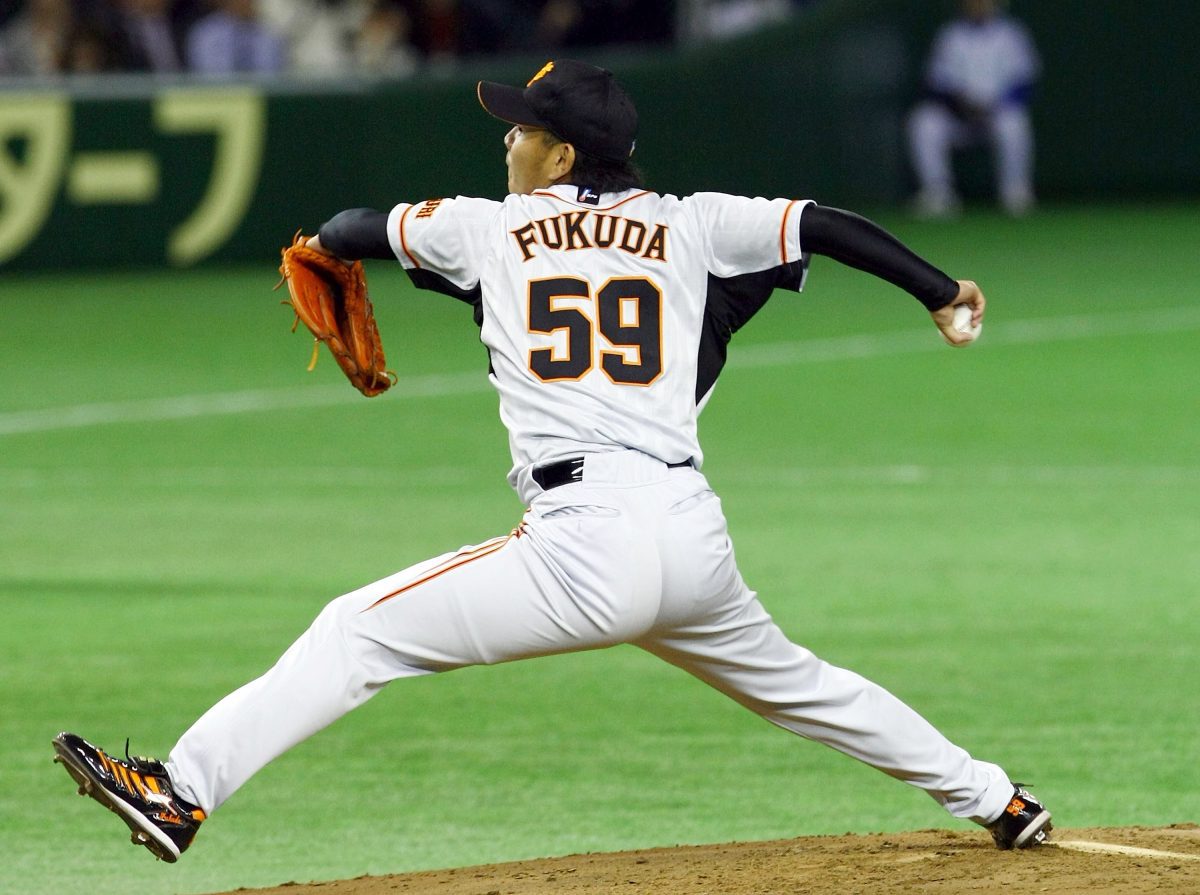



Multiple players and employees of American professional sports organizations have been fired or banned for their involvement in unlawful and sketchy gambling practices in the past year. Most notably, Shohei Ohtani’s former interpreter, Ippei Mizuhara, former NBA player Jontay Porter, and infielder Tucupita Marcano, who received a lifetime ban from Major League Baseball for betting on Pittsburgh Pirates games while he was on the team’s injured list.
Under the MLB Collective Bargaining Agreement, players can use legal sports books to bet on sports other than baseball. If a player, manager, coach, or umpire is caught placing wagers on MLB games, suspensions or a lifetime ban can be handed out.
The same is true for Nippon Professional Baseball in Japan, where there are numerous instances in league history where players took part in fixing games and illegal gambling.
Black Mist Scandal
The Black Mist Scandal was a series of game-fixing scandals in NPB between 1969 and 1971 that led to dozens of player suspensions and banishments. As a result, the Nishietsu Lions and Toei Flyers were sold. Fans were no longer interested in supporting teams that employed game-fixers.
Starting in 1969, Lions pitcher Masayuki Nagayasu was released from the team after the front office discovered he was taking bribes from an organized crime family to throw games. Nagayasu became the first player to receive a lifetime ban from NPB but told the Shukan Post newspaper in 1970 that several of his Lions teammates were also involved in fixing games. After a lengthy investigation, Masaaki Ikenega, Yoshinobu Yoda, and Akio Masuda, all Lions members, received lifetime bans.
In April 1970, Tsutomu Tanaka of the Chunichi Dragons, Isao Takayama of the Taiyo Whales, and multiple other NPB players were arrested for fixing Auto Race competitions, a Japanese version of motorcycle racing. In July 1970, NPB suspended Kintetsu Buffaloes outfielder Masahiro Doi for a month for partaking in illegal gambling, and Teoi Flyers pitcher Toshiaki Moriyasu received a lifetime ban for throwing games. Several other NPB players received warnings, and additional players were caught fixing motorcycle races.
Players could not resist the temptation to earn a few extra dollars despite the potential to ruin their professional baseball careers. Today, most forms of gambling in Japan are prohibited except horse racing, bicycle racing, powerboat racing, and Auto racing.
Three Yomiuri Giants Players Banned in 2015
In 2015, NPB banned three Yomiuri Giants players for life after learning about their involvement in placing illegal wagers on NPB, high school, and MLB games. Satoshi Fukuda, Shoki Kasahara, and Ryuya Matsumoto admitted to participating, and the Giants received a fine of 10 million yen ($81,000).
“This is extremely regrettable,” NPB commissioner Katsuhiko Kumazaki said in a 2015 press conference announcing the scandal. Baseball holds a special place thanks to its long-standing support from many fans.”
According to the Washington Post, Kasahara bet on ten professional baseball games, including additional high school games, between April and October 2015. Matsumoto admitted to placing wagers on ten games between June and October, and Fukuda was chasing losses. After losing over $8,000 on Japanese high school games, Fukuda bet on ten NPB games and ten MLB games. Even if Fukuda had any luck winning his money back, the feeling of regret may not have overcome any winnings.
Another Yomiuri Giants player, Kyosuke Takagi, admitted to betting on baseball games in March 2016 and confessed that he lied during a team investigation. It could have been a better look for an organization that suspended three players only a year prior. Takagi faced a one-year suspension, and the Giants canceled his contract.
The Aftermath
After Takagi’s punishment, questions arose about whether the one-year suspension was enough, considering the other three Giants players received lifetime bans. NPB appeared more lenient because Takagi confessed.
“Even looking at Takagi, players will worry that they’ll be kept out of pro baseball if they confess,” NPB investigative committee head Motonari Otsuru told The Mainichi in 2016. NPB “will impose those penalties, but I hope we can do something systematic to move players from being worried to cutting all ties with baseball gambling.”
The Bottom Line
Sports betting is often advertised on social media and television, and some baseball players want to participate. For some, like Tucupita Marcano and several NPB players in the league’s history, participating in gambling and game-fixing ruined their careers.
Players in NPB and MLB should comply with their league’s rules and regulations to avoid life-alerting wrongdoing. It would be best not to gamble away their profession.
Photo Credit: Pitcher Satoshi Fukuda #59 of Yomiuri Giants throws a pitch during a friendly match between South Korea and Yomiuri Giants at Tokyo Dome on March 3, 2009 in Tokyo, Japan. (Photo by Junko Kimura/Getty Images)